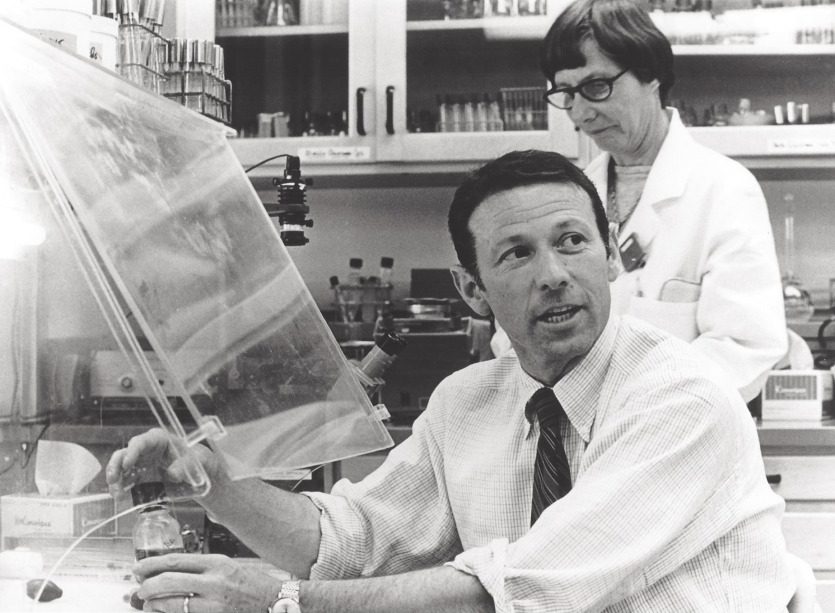Paul Berg, a Nobel laureate and a pioneer in recombinant DNA, passes away
Paul Berg, PhD, an emeritus professor of biochemistry and 1980 Nobel laureate in chemistry, passed away on February 15 in the company of his loved ones at his house on the Stanford University campus. He was 96.
In order to produce the first recombination DNA molecule, Berg, the Robert W. and Vivian K. Cahill Professor of Cancer Research Emeritus, combined the DNA of two different creatures. That work launched the science of genetic engineering, which resulted in the development of life-saving medications and opened up new directions for genetic study.
Lloyd Minor, MD, dean of the Stanford School of Medicine, said of Paul, “I cannot stress his intelligence, compassion, and excitement for discovery.” “During his career, Paul was driven by the excitement of discovery, and he dedicated a lot of his time to help others share that excitement. The scientific community, Stanford Medicine, and those of us who had the good fortune to call him a friend and colleague are all devastated by his passing.

Berg announced that he had inserted DNA from one organism — in this case, the bacteria E. coli — into the Genome of another in a 1972 publication published in the Proceedings of the National Academy of Sciences. Berg and his associates used the SV40 animal virus as their test subject, introducing three genes important in glucose metabolism. Later on, the Nobel Prize was awarded to him for that achievement.
The project sparked a political and popular uproar. Soon after combining DNA from two distinct organisms for the first time, Berg had to deal with public concerns that doing so would cause the emergence of new diseases, alter how organisms evolve, or cause environmental catastrophe.
Berg led the initiative for a preventive, voluntary halt on genetic engineering research in reaction to the uproar, which gave him time to plan the now renowned 1975 Asilomar conference on recombinant DNA. The researchers developed parameters at the conference that permitted experimentation to proceed under federal supervision. These recommendations were subsequently released by the National Institutes of Health and embraced by equivalent organizations in other nations.
